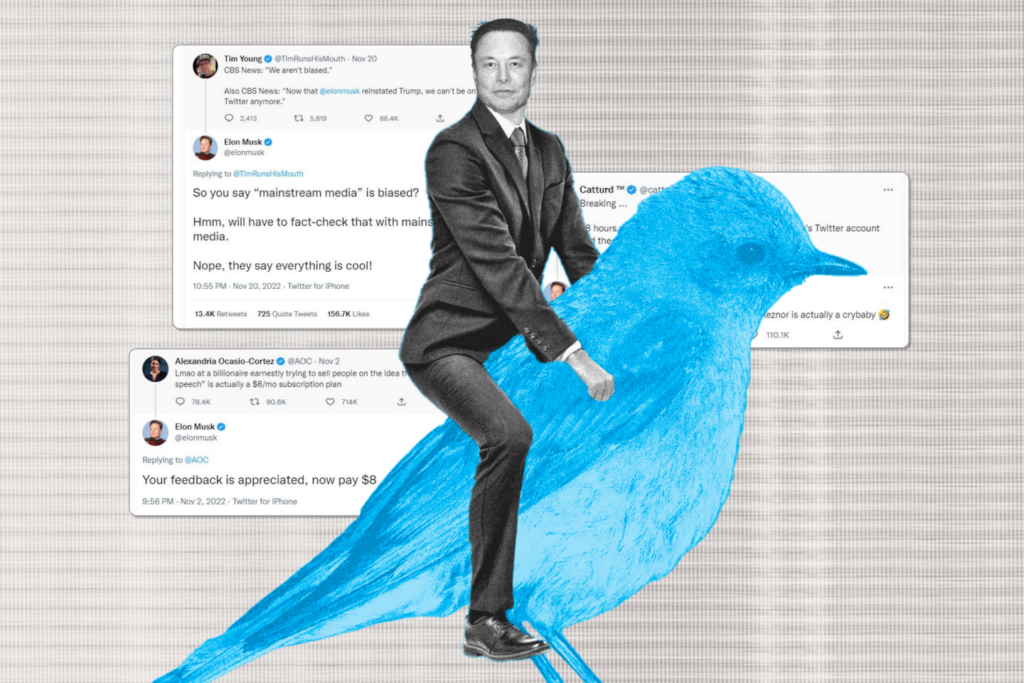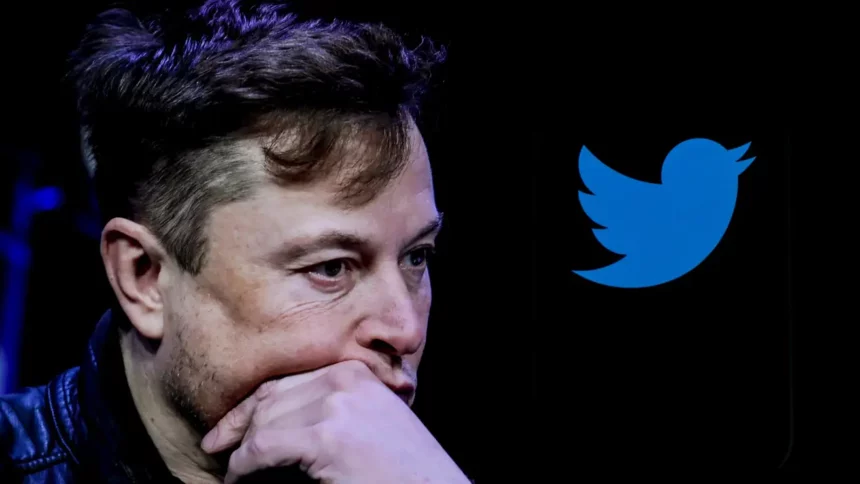Elon Musk’s foray into acquiring shares of Twitter, which eventually led to his complete takeover of the platform now known as X, was sparked by a unique dispute involving a college student who tracked his private jet movements. This incident is highlighted in “Battle for the Bird,” a recent book that delves into Musk’s acquisition saga, as reported by Bloomberg.

According to the book, Musk had approached Parag Agrawal, Twitter’s CEO at the time, with a request to remove a Twitter account, @elonjet, that monitored his private jet’s location. Following Agrawal’s refusal to comply with his request, Musk began purchasing shares of Twitter, setting the stage for his eventual takeover.
“Battle for the Bird” provides an in-depth look at the tumultuous power dynamics within Twitter leading up to Musk’s $44 billion acquisition. It suggests that Musk’s personal vendettas were a significant driving force behind his decision to buy the platform.
Musk has publicly stated that his primary motivation for acquiring Twitter was to promote “free speech.” However, his actions towards silencing a college student, Jack Sweeney, who ran the @elonjet account, indicate a more complex set of motivations. In January 2022, Musk’s irritation with the account led him to start investing in Twitter, a fact highlighted by Kurt Wagner, the book’s author, in a tweet.
Despite initially promising not to ban Sweeney’s account, citing a dedication to “free speech,” Musk reversed his decision almost a year after his acquisition was finalized, citing “a direct personal safety risk.” Sweeney, who gained notoriety for tracking the jets of both Musk and Taylor Swift using publicly available data, has since moved the @elonjet account to Threads.
The saga between Musk and Sweeney exemplifies Musk’s determination to have things his way, even if it means contradicting his stated principles. His takeover of Twitter not only allowed him to exert control over the platform but also to address personal grievances in a manner previously unavailable to him.
Musk’s acquisition of Twitter has been a topic of much debate, with some viewing it as a diversion from his responsibilities at Tesla, SpaceX, and xAI. His initial focus on amplifying certain types of speech, which he felt were underrepresented under the previous management, and his efforts to resolve personal disputes, have been central to discussions about his leadership of the social media giant.








